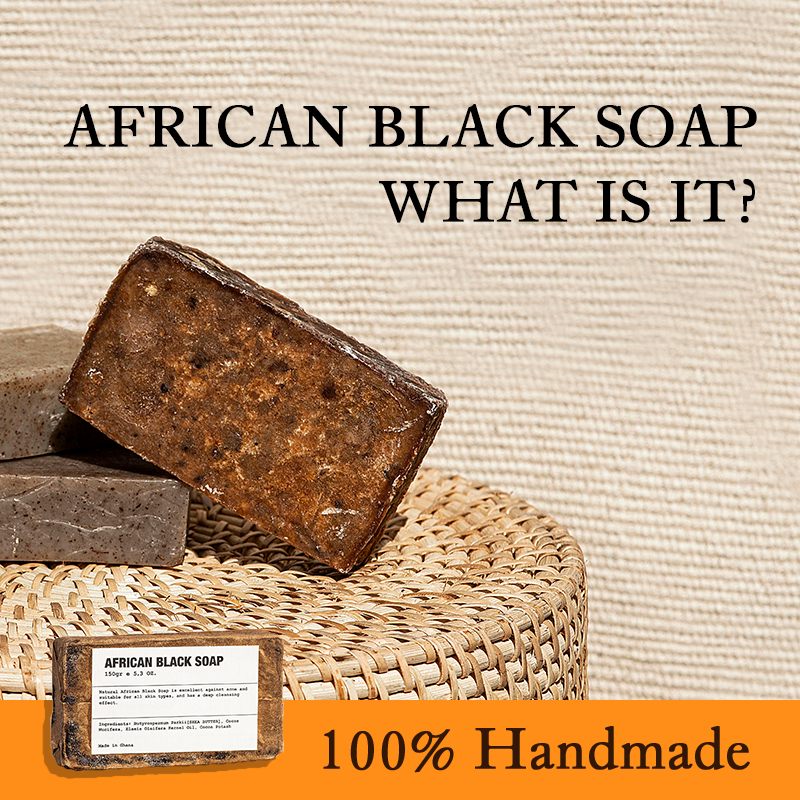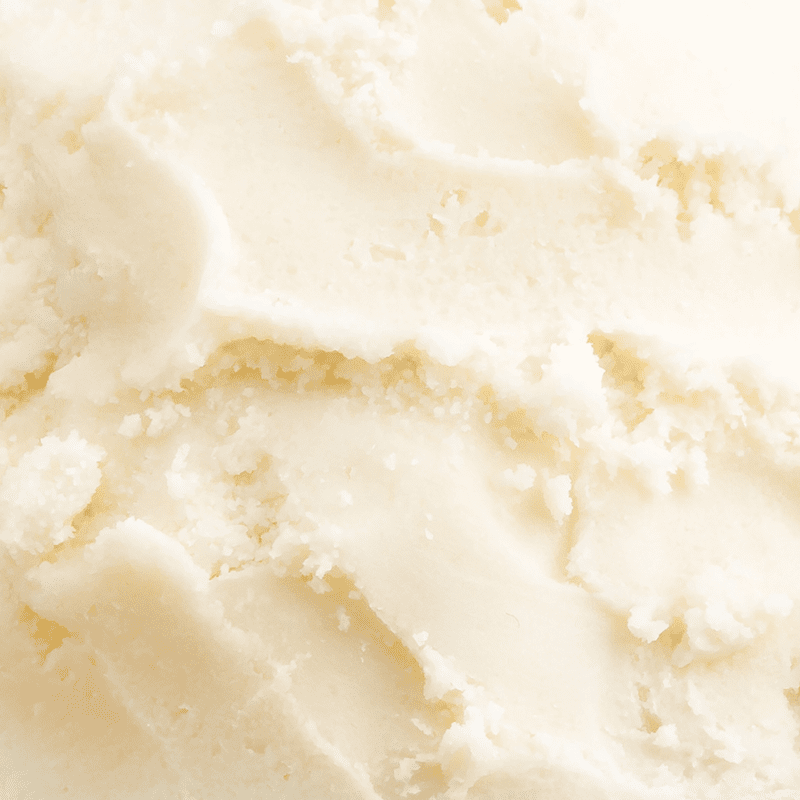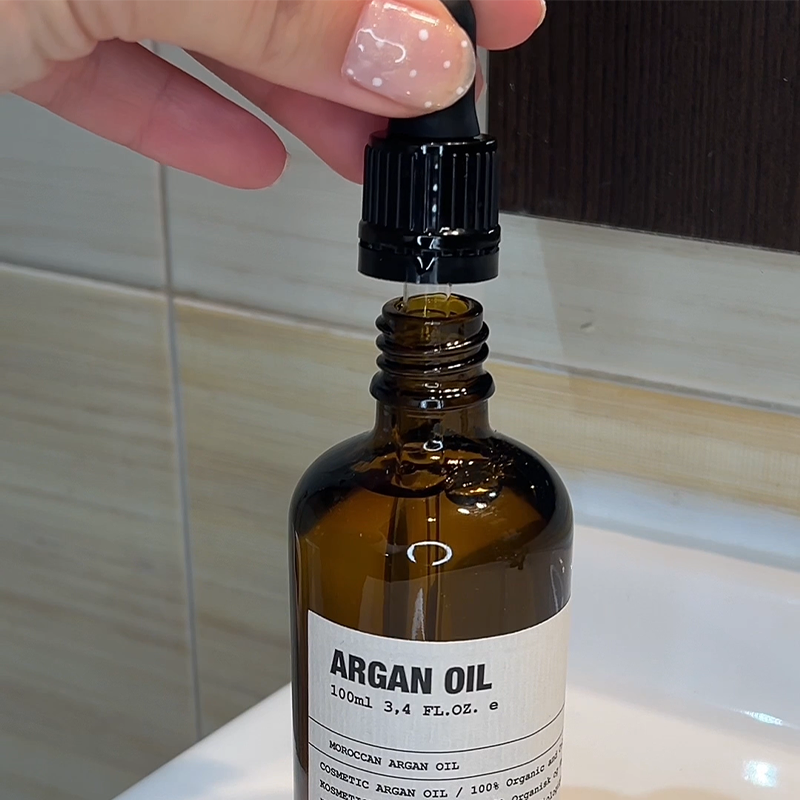The Ultimate Guide to Using Beard Oil: Tips and Tricks
Welcome to the Ultimate Guide to Using Beard Oil! Whether you have a long, full beard or a neatly trimmed stubble, taking care of your facial hair is essential to look your best. In this guide, we will tell you everything you need to know about using beard oil, along with helpful tips and tricks to make your beard shine. Proper use of beard oil can make a world of difference in your beard care routine. It provides valuable nutrients to your beard, keeps your skin hydrated, and prevents itchiness and dryness. Additionally, beard oil can help tame unruly hairs and reduce split ends. In this guide, we will show you how to choose the best beard oil for your needs and how to apply it correctly. We will also share some handy tips on getting the most out of your beard oil and troubleshooting any issues you may encounter during its use. In short, if you are serious about grooming your beard and want to look your best, this guide is for you. Let's start exploring the wonders of beard oil!
Why Use Beard Oil?
Using beard oil has numerous benefits for both your beard and your skin. Here are some reasons why you should use beard oil:
Hydration: Beard oil moisturizes the facial hair and the skin underneath, preventing dryness and flakiness.
Softness: It makes your beard softer and more manageable, reducing tangles and making it easier to groom.
Itchiness: Beard oil helps alleviate itchiness that can occur, especially during the early stages of beard growth.
Healthy Growth: The nourishing ingredients in beard oil can promote healthier and stronger beard growth.
Scent: Many beard oils come with pleasant scents, adding a subtle fragrance to your beard.
Styling: It provides a light hold, helping you shape and style your beard according to your preference.
Regular use of beard oil can contribute to a healthier, more attractive beard and skin.
Choose the Right Beard Oil with These Important Considerations
Not all beard oils are the same, and choosing the right one is essential for achieving the desired results. Here are some factors to consider when choosing the right beard oil:
Ingredients: Look for natural ingredients such as argan oil, jojoba oil, and vitamin E. Avoid products with synthetic chemicals.
Beard Type: Consider your beard type and length when choosing the oil. Some oils are lighter and suitable for shorter beards, while others, like more nourishing oils, are suitable for longer beards.
Scent: Choose a scent that suits your personal preference. Beard oils come in various scents, from woody to fresh.
Texture: Pay attention to the texture of the oil. Some are light and absorb quickly, while others are thicker and stay on the skin longer.
Purpose: Beard oil can contribute to a healthy beard and skin through hydration and care, indirectly improving the overall condition of your beard.
By considering these factors, you can choose the beard oil that best fits your needs and preferences.
How to Properly Apply Beard Oil
Applying beard oil correctly is essential to ensure that both your beard and skin fully benefit from the oil's advantages. Follow these steps for the best results:
1. Wash Your Beard: Before applying beard oil, it's crucial to wash your beard thoroughly with lukewarm water and a mild beard shampoo. This removes any dirt and oil residues, allowing the beard oil to penetrate better.
2. Dry Your Beard: Gently pat your beard dry with a towel. Make sure your beard is still slightly damp, as this will help evenly distribute the beard oil.
3. Shake the Beard Oil: Shake the beard oil bottle well to mix the ingredients. This ensures that you apply all the nutrients evenly.
4. Dispense the Beard Oil: Squeeze a few drops of beard oil into the palm of your hand, depending on the length and thickness of your beard. Start with a small amount and add more if necessary.
5. Spread the Beard Oil: Rub your palms together to evenly distribute the beard oil. Then, gently massage the oil into your beard and the underlying skin. Ensure that you apply the oil from the roots to the tips of your beard.
6. Comb Your Beard: Use a beard comb or brush to evenly distribute the beard oil through your beard. This helps spread the oil and assists in taming unruly hair.
It's important to note that the amount of beard oil you use depends on the length and thickness of your beard. Experiment with different amounts until you find the right balance that works best for your beard.
Common Mistakes to Avoid When Using Beard Oil
Although beard oil can be a great addition to your beard care routine, there are some common mistakes people make when using it. Here are some mistakes to avoid:
- Using too much beard oil: One of the most common mistakes is using too much beard oil. Excessive use can make your beard feel greasy and may lead to clogged pores. Always use the right amount of beard oil for your beard length and thickness.
- Not distributing properly: It's essential to distribute the beard oil evenly across your beard and skin. Gently massage the oil in, ensuring that each beard hair is covered. This ensures that all parts of your beard receive the benefits of the oil.
- Applying beard oil on a dirty beard: Beard oil works best on a clean beard. Make sure to wash your beard before applying beard oil so that the oil can penetrate effectively and do its job.
- Using low-quality beard oil: Always opt for high-quality beard oil that contains natural ingredients. Cheaper oils may contain harmful chemicals and synthetic fragrances that can irritate your beard and skin.
By avoiding these mistakes, you can ensure that your beard oil works optimally, keeping your beard looking its best.
Ingredients in beard oil to watch out for and avoid
When choosing a beard oil, it is important to pay attention to the ingredient list and avoid certain ingredients that can be harmful to your beard and skin. Here are some ingredients to watch out for and avoid:
1. Natural oils: Opt for beard oils that contain natural oils such as argan oil, jojoba oil, almond oil, and grape seed oil. These oils are light in texture and easily absorbed by your beard and skin.
2. Essential oils: Essential oils such as lavender oil, rosemary oil, and tea tree oil can not only give your beard a pleasant scent but also have antimicrobial properties that can help combat bacteria and fungi.
3. Synthetic fragrances: Avoid beard oils with synthetic fragrances, as they often contain chemicals that can irritate your skin.
4. Alcohol: Beard oils containing alcohol can dry out your beard and skin. Choose alcohol-free beard oils to prevent dehydration.
5. Parabens: Parabens are preservatives commonly used in cosmetic products, but they can be harmful to your beard and skin. Opt for beard oils without parabens.
By choosing the right beard oils and avoiding harmful ingredients, you can ensure that your beard remains healthy and well-groomed.
Final remarks on effective use of beard oil
The importance of choosing the right beard oil is often underestimated, but it can make a significant difference in your daily grooming routine. There are some considerations to keep in mind when making this choice.
Start by examining the ingredient list of the beard oil. Natural oils such as argan oil, jojoba oil, and almond oil are crucial in this regard. These oils are known for their lightweight and non-greasy properties, meaning they are easily absorbed by both your beard hair and skin.
Another aspect to consider is the scent of the beard oil. Choose a fragrance that suits your personality and preference. Whether it's woody, fresh, or spicy, a pleasant scent contributes to a positive grooming experience.
And let's not forget to explore SAFWAH® [spicy] Beard Oil. This specific beard oil not only offers a blend of carefully chosen natural oils but also a subtle spicy fragrance. It's worth considering for those seeking a thoughtful approach to beard care. Discover the unique benefits of SAFWAH® [spicy] Beard Oil for yourself and determine if it's a valuable addition to your beard grooming routine. 🧔 Order today 🛒 and give your beard the attention it deserves.



